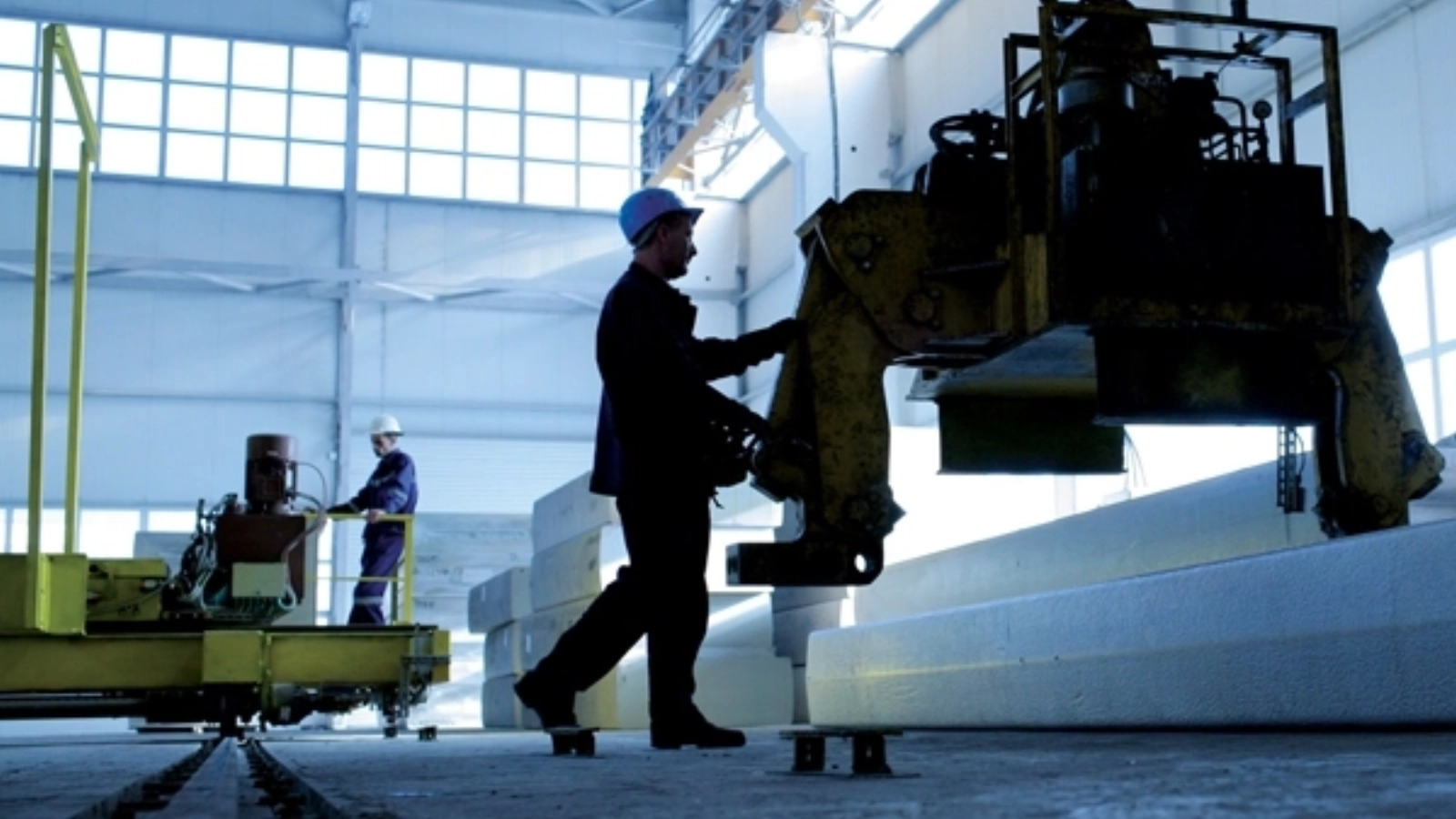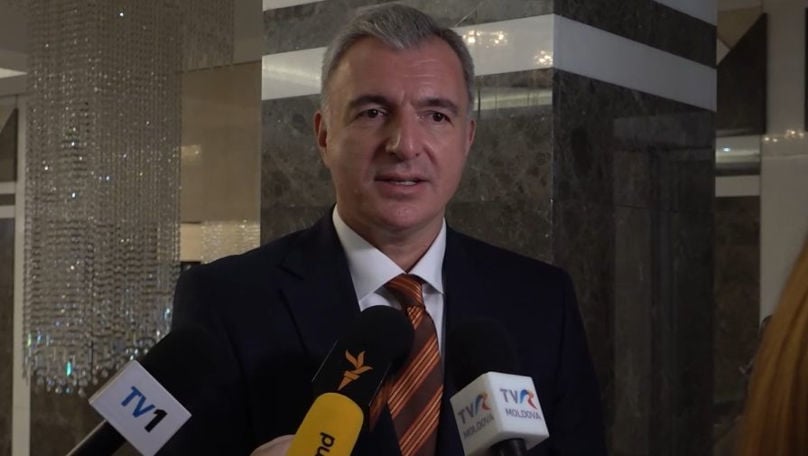Wages in Romania are much lower than productivity and, contrary to what is said in the public space, wage increases over the last decade have been accompanied by equivalent increases in labour productivity, so public debate must be reoriented towards increasing productivity, not limiting wage increases, shows a research by FES Romania and Syndex.
The document presents a detailed analysis of the issue of productivity, ranging from theoretical aspects to the relationship between productivity and wages as it looks in Romania today.
"A low level of productivity can't really ensure high wages. This is not the problem of Romania, where wages are comparatively much lower than productivity. Moreover, contrary to what is being said in the public space, wage increases over the past decade have been accompanied by equivalent increases in labour productivity. The dominant discourse in the public space is however very important from the outset, since we are talking about a strict reasoning in terms of growth rates, whose main assumption is the existence of a point of original equilibrium between the level of productivity and the level of remuneration of work. Failure to take into account the distribution of added value between work and capital makes public discourse about productivity highly biased, the aim being in fact to limit wage increases and to maintain the largest possible ratio between productivity and cost, without employers making investment and organizational efforts to increase productivity. So it's not at all incidental that the theme of productivity only appears in the public space when the situation in the labour market tends to push wages up. We are talking about a moralizing critique of wage increases coupled with the denunciation of their supposed economic irrationality," the study titled "The issue of productivity - controversy and clarification", presented by Stefan Guga, consultant at Syndex Romania, reads.
According to the study, if we look at the ratio between labour productivity and labour costs, labour costs are so low in Romania that there is no question that wage increases "really threaten economic activity at macro level". Thus, in the medium term and especially in the long term, the situation can change, so the public debate must be reoriented towards "the really important problem: increasing productivity, not limiting wage increases".
"Romania's peripheral position in the European economy involves the development of low complexity activities, which are based on low costs and capitalization. In such a context, a low level of added value is an objective limit, and the fact that labour is the main production factor further drags labour productivity down," the study asserts.
































Comentează